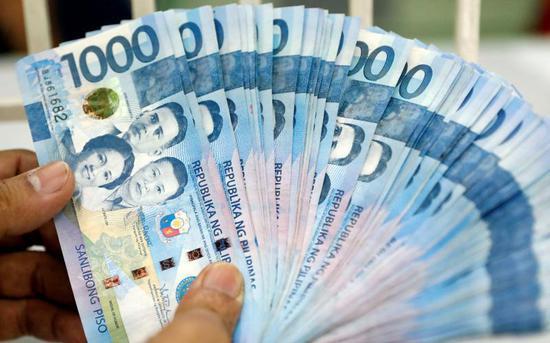By APD writerMelo M. Acuña
MANILA, April,16(APD) – The Department of Finance (DOF) downplayed apprehensions over a possible Chinese takeover of the country’s patrimonial assets. In a statement released today, the DOF said there is no provision in the loan agreements signed between the two countries under the Duterte leadership that includes any form of collateral even in the remote possibility of the Philippines’ failure to pay its debts to China.
Finance Undersecretary Bayani Agabin said concerns over the waiver-of-sovereignty-immunity clause in the loan agreement between the Philippines and China for the Chico River Irrigation Project are unfounded, given that this part of the agreement only allows the “counterparties” to seek arbitration in case of a loan default, but not a Chinese takeover of any of the country’s properties.
He added the waiver-of-immunity and arbitration clauses are standard in any loan agreements forged between states. These clauses are present not only in the loan agreements between the4 Philippines and China under the current leadership, but also in other loans accords signed into by the past administrations, with, among others, France and China.
The waiver-of-immunity is regularly included as a standard provision in loan agreements for the lender to bring the borrower before an arbitral court in case of a default on the loan.
“We did not provide any collateral for any of the loan agreements we have entered into with any government,” Agabin explained. He expressed optimism the Philippines is very unlikely to default on any of its loans with its strong fiscal position and low debt-to-GDP (gross domestic product) ratio under President Duterte.
Undersecretary Agabin said there is still Presidential Decree No. 1177 which mandates automatic appropriation of funds under the yearly national budget for debt service. He explained in the improbable scenario of the Philippines defaulting on its loan occurs, any ruling of the arbitral court that would compel the government to pay its debt would have to conform with the Philippine Constitution and public policy and would only be enforced if and when Philippine courts rule that such decision is binding on the Philippines.
Incidentally, Finance Undersecretary Mark Dennis Joven said it is correct to compare the Philippies with other countries like Sri Lanka that failed to pay their loans to China because of the “starkly different numbers” when it comes to what they owe and what their respective economies produce.
According to the debt-to-GDP ratio, Sri Lanka’s is almost 80 percent while the Philippines’ ratio is about 40 percent. The debt-to-GDP ratio compares what a country owes to what it produces. A lower debt-to-GDP ratio indicates a slimmer probability for a country to default on its loan.
Citing the World Economic Forum’s Global Competitiveness Index 2017-2018, the Philippines ranked among the top 40 countries with low debt-to-GDP ratios of less than 40 percent as the country ranked 33rd with a debt-to-GDP ratio of 33.7 percent while Sri Lanka ranked 109th with 77.3 percent. The WEF index is founded on data from the International Monetary Fund, which tracks the general government gross debt of countries in relation to GDP.
(ASIA PACIFIC DAILY)

